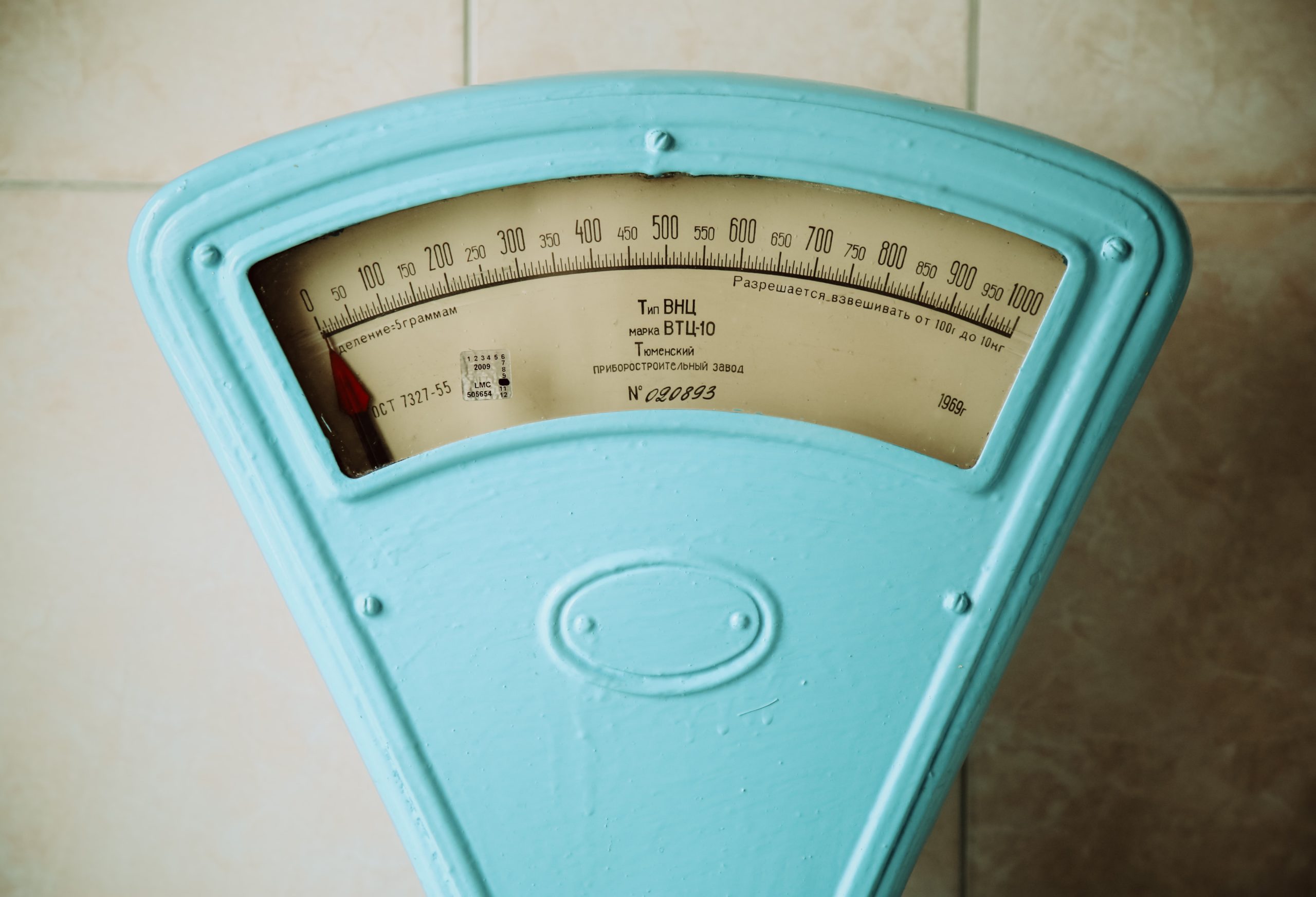This week on my podcast Diet Culture Dropout I begin to define what diet culture is. Check out the full episode here.
Where do I begin!? Diet culture is really loud, toxic and has seeped into all facets of our lives.
We daily have reminders from diet culture telling us we are not good enough in our current body and need to be “fixed”. The messaging has become so widespread and embedded in our culture. Which makes it very hard to recognize.
How to define diet culture?
There are various definitions for diet culture so I pieced together various people’s work to break it down into 7 components.
- Various systems and structures that promote the belief that body thinness provides incredible health and should be your moral virtue to pursue.
- The recommendation that eating in certain patterns will result in achieving this “approved body size” and provide you with encompassing health.
- It promotes that every type of body and person can achieve this goal if you have the right mindset or willpower.
- There usually is some form of rigid external rules that dictate what, how much and when you eat.
- Exercise and movement are usually used as a punishment tool to prevent fatness or pay off for what you consumed.
- It creates a special privilege for thin people. Making them always the priority in business, travel, accommodations and physical design of an environment.
- Lastly, it promotes the idea that fat people are unhealthy, less valuable and lazy for not having enough “willpower to do the work”.
Ways that diet culture comes up
From an early age we have all been exposed in various forms to diet culture. Some forms taught to us very early or at school. For instance, teaching food dichotomously is a form of diet culture. Some foods like vegetables are “good” and burgers are “bad.” There are only two groups to sort them in.
It could be any structured system, wellness plan or diet that dictates, what, how much, when and where you eat. External rules suggesting volumes, portions or certain approved lists of foods. Skipping out on a family dessert because you do not have enough points to cover your food intake. That is definitely diet culture.
It can be found in the toys our kids play with that suggest a certain type of look for a princess or super hero. Usually this is white skinned, thin, perfect make up, large breasts, lean long legs, blonde hair and a small waist line for females. For the males it is at times being tall, extremely muscular, an abled body, full head of hair and usually white skin. The roles of thin characters is usually the hero or the good guy in movies. While the large characters are usually evil.
Diet culture is also the conversations you witness with family, friends, or Instagram influencers that promote juicing, appetite suppressant tips or food elimination diets to fix your body.
It is within company’s promotion of catering to a certain type of body they “only serve.” Whether that is to sell fitness equipment, toilet seats, clothing. They identify in their branding what kind of body type they serve.
Basically unattainable and unsustainable westernized beauty ideals. It is any reinforcement that suggests you must be thin in order to be fulfilled, healthy, loved and successful in life.
An industry built on shame and dishonesty
The stats of being successful on a diet is a whopping 2-5%. That is 95-98% of people will fail the unsustainable diet. Leaving the person blaming themselves and constantly looking for another “fix”. It is a continuous cycle of repeat customers. Which is quite a brilliant business model. It is an industry built on self-blame and shame.
Check out the full podcast episode
Listen to the full episode to hear me dig deeper in answering these questions:
- Why diet culture is a problem?
- Why it is hard to break up with it?
- What we can do about minimizing it in our lives for ourselves and our children?
In the End…
The most troubling part about diet culture is that it makes us mistrust our bodies. So much so, that the thought of finding food peace and body respect seem unattainable. But it is possible to build and sustain a healthy relationship with food and your body. Because in life we all just want to be fulfilled, loved and share meaningful experiences with others.
To get the latest episodes of Diet Culture Dropout please join the podcast community here!

leave a comment
share
share
share
share
share